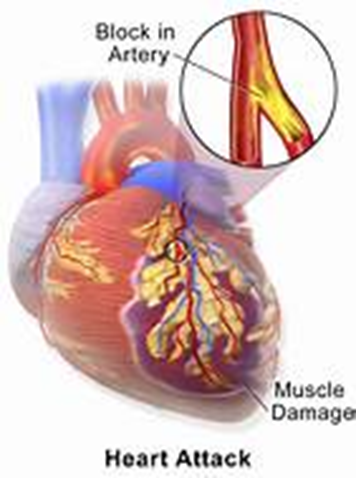The nurse would be most concerned about a prescription for a lipid emulsion for a client with which condition?
Fractured femur
Severe anorexia nervosa
Gastrointestinal obstruction
Chronic diarrhea and vomiting
The Correct Answer is C
Choice A reason: A fractured femur, while a serious injury, does not inherently contraindicate the use of lipid emulsions. These patients may require additional nutrition if they are unable to eat adequately by mouth, and lipid emulsions can be part of their parenteral nutrition regimen if needed.
Choice B reason: Severe anorexia nervosa is a condition that can lead to malnutrition and may necessitate the use of parenteral nutrition, including lipid emulsions, to provide essential nutrients. However, care must be taken to avoid refeeding syndrome, a potentially fatal condition that can occur when malnourished patients begin to refeed too quickly.
Choice C reason: Gastrointestinal obstruction is a condition that could be exacerbated by the administration of lipid emulsions. In cases of obstruction, enteral or parenteral nutrition may need to be carefully managed or avoided until the obstruction is resolved to prevent further complications. While lipid emulsions are a valuable component of parenteral nutrition, their use must be carefully considered in the context of the patient’s overall clinical condition. In the case of gastrointestinal obstruction, the nurse would be most concerned about the prescription of a lipid emulsion due to the potential for exacerbating the obstruction and complicating the patient’s condition.
Choice D reason: Chronic diarrhea and vomiting can lead to dehydration and electrolyte imbalances, but they do not directly contraindicate the use of lipid emulsions. However, the underlying cause of these symptoms should be addressed, and fluid and electrolyte balance should be carefully monitored.
Nursing Test Bank
Naxlex Comprehensive Predictor Exams
Related Questions
Correct Answer is B
Explanation
Choice A reason:Placing a cool cloth on the forehead may provide comfort but does not address intracranial pressure, which could be causing the headache[^10^].
Choice B reason:Elevating the head of the bed 30 degrees helps to decrease intracranial pressure and can alleviate headache symptoms associated with a closed head injury[^10^].
Choice C reason:Administering morphine for pain relief should be done with caution, as it can depress respiration and mask changes in the level of consciousness, which are important indicators of neurological status[^10^].
Choice D reason:A lumbar puncture is contraindicated in the presence of increased intracranial pressure due to the risk of brain herniation[^10^].
Correct Answer is C
Explanation
Choice A reason: Myocardial infarction (MI) is not limited to occurrences with exertion. While stable angina typically occurs during physical activity or emotional stress, MI can happen at any time, even at rest. The underlying cause of an MI is the complete blockage of blood supply to a part of the heart muscle, usually due to a blood clot in a coronary artery. This blockage can lead to the death of heart muscle tissue, a condition that requires immediate medical attention.
Choice B reason: Stable angina does not typically last for more than 30 minutes. It is characterized by chest pain or discomfort that occurs predictably with exertion or emotional stress and is relieved within minutes by rest or nitroglycerin. In contrast, the pain from an MI is more prolonged and severe, and it is not relieved by rest or nitroglycerin. If chest discomfort lasts longer than 15 minutes and is not alleviated by rest or nitroglycerin, it is a warning sign that the individual may be experiencing an MI.
Choice C reason: This is the distinguishing feature between stable angina and an MI. Stable angina is usually relieved within 3-5 minutes by rest or nitroglycerin, which helps to dilate the coronary arteries and improve blood flow to the heart muscle. Nitroglycerin is ineffective in relieving the symptoms of an MI because the problem is not just reduced blood flow but a complete blockage that nitroglycerin cannot overcome.
Choice D reason: The pain associated with an MI typically lasts for more than 15 minutes and can be quite severe. Unlike stable angina, the pain of an MI is not relieved by rest or nitroglycerin. The duration and severity of the pain, along with other symptoms such as shortness of breath, sweating, nausea, or lightheadedness, help differentiate an MI from stable angina.

Whether you are a student looking to ace your exams or a practicing nurse seeking to enhance your expertise , our nursing education contents will empower you with the confidence and competence to make a difference in the lives of patients and become a respected leader in the healthcare field.
Visit Naxlex, invest in your future and unlock endless possibilities with our unparalleled nursing education contents today
Report Wrong Answer on the Current Question
Do you disagree with the answer? If yes, what is your expected answer? Explain.
Kindly be descriptive with the issue you are facing.
